21st CENTURY DEMOCRACY
Research on Voting
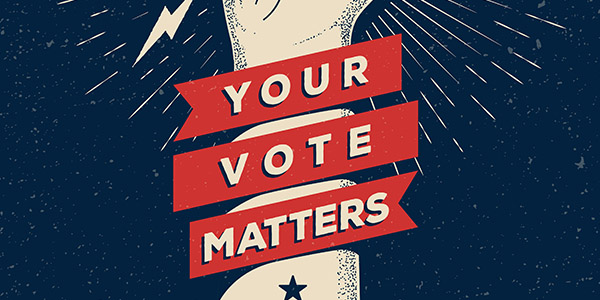
In this websection, MIT's School of Humanities, Arts, and Social Sciences draws on the expertise of our faculty and colleagues across the Institute to provide research-based insights and resources for strengthening democracy at home and around the world.
Gallery of Publications
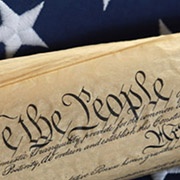
STRENGTHENING DEMOCRACY
A Sampler of MIT Research on U.S. Democracy
A distilled selection of key research, news, and media commentaries from the past year on the state of U.S. democracy, from scholars in MIT's humanities and social science fields. What can leaders and We, the People do to sustain our democracy? Prepared for 6 January 2022.
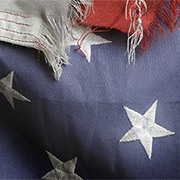
STRENGTHENING DEMOCRACY
Lessons Learned in the 2020 Election
A Report for the U.S. Election Assistance Commission; prepared jointly by the non-partisan MIT Election Data & Science Lab and the American Enterprise Institute
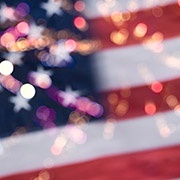
STRENGTHENING DEMOCRACY
Charles Stewart III on elections in a hyper-partisan era
What can Americans do to protect our democracy? "The 2020 election showed the resilience of the fact-based part of the election administration system — election administrators, judges, and research institutions (including universities) — that have stood for the rule of law in the face of illiberal attacks on election administration. Opponents of fair elections recognize this and have attacked all parts of this fact-based bulwark."
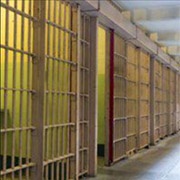
POLITICAL SCIENCE
Making voting easier for previously incarcerated people
People rarely vote after being incarcerated. Associate Professor Ariel White wonders what can be done about it.
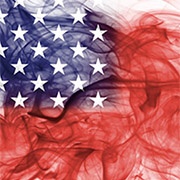
STRENGTHENING DEMOCRACY
The miracle and tragedy of the 2020 election
Professors Charles Stewart III, MIT, and Nathaniel Persily, Stanford
In a must-read analysis, two of the Nation's leading election administration experts discuss: how, during a pandemic, U.S. election administrators organized the most secure election in American history; the "big lie" that catalyzed violence at the Capitol; and current threats to U.S. voting rights and democracy.
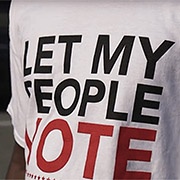
MAKING A JUST SOCIETY
3 Questions: Ariel White on voter rights and re-enfranchisement
"The problems in the Florida case have drawn our attention to how widespread, how life-disrupting, and how racially-disparate the experience of legal debt is for people who have passed through the criminal legal system."
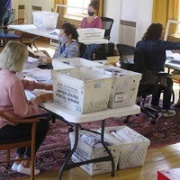
ELECTION 2020
15 August 2020
Which way of casting a ballot is best for you this year? Latest news and research on the 2020 election administration.
The non-partisan MIT Election Lab conducts research and collaborates with other election experts and administrators across the country to help make voting in the U.S. safe, secure, trustworthy, and effective.
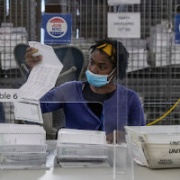
ELECTION 2020
31 July 2020
Research predicts a wave of “lost votes” this fall, further complicating the 2020 election
A new study by MIT election expert Charles Stewart III shows that mail-in-voting has a higher rate of "lost" or uncounted votes than voting in person, further complicating the 2020 election. "If I were advising someone at lower health risk, I would say think about early in-person voting," said Stewart. "But go early...don't wait until the last minute."
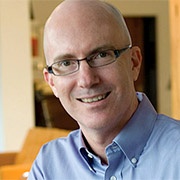
ELECTION 2020
3Q with Charles Stewart III: How to make the November 2020 elections safe and secure
MIT-SHASS News "Will the November 2020 election be delayed? The answer is, 'no.' There is no statutory or constitutional authority to do that. Even if the asteroids are raining on our heads and the zombies are roaming the streets on November 3, we will be voting."
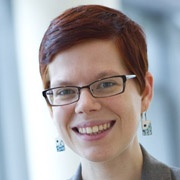
VOTING AND DEMOCRACY
3Q: Ariel White on the impact of incarceration on voting
"The story here is not just about whether people are legally allowed to vote, but about whether they are practically able to vote, whether they know they're allowed to vote, and whether they think they have any reason to do so."
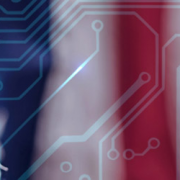
DEMOCRACY
MIT launches Election Data and Science Lab
The lab is dedicated to improving elections, using research, evidence, and analysis. Founded by Charles Stewart III, Kenan Sahin Distinguished Professor of Political Science, the Lab will address multiple audiences of academic researchers, election practitioners, and the general public. It will serve a unique and independent role as it applies scientific principles to empirical questions about the administration of American elections.
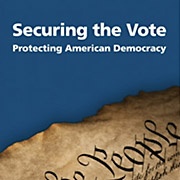
DEMOCRACY
Report outlines keys to securing elections
MIT experts co-author report calling for ballot paper trails and other resilient practices to avoid election hacking.
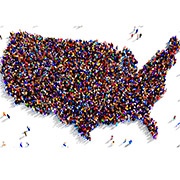
21ST CENTURY CITIZENSHIP
Election Insights 2018
Research-based perspectives from MIT
Commentaries on key issues along with a lively playlist—Music for the Midterms—and an Election Booklist of works selected by faculty as illuminating for this moment in American history.
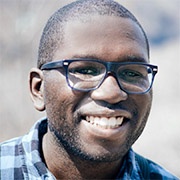
21ST CENTURY CITIZENSHIP
Race and Racism in the 2016 Election
Slate chief political correspondent Jamelle Bouie joins MIT’s Seth Mnookin to explore how race and ethnicity framed the election.
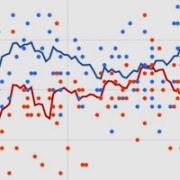
Election Insights 2016: Adam Berinsky on Electoral Polls
Don’t be distracted by any single poll. The media tend to highlight polls that are surprising — those that paint a different picture of the state of the race than the pack of the others. Resist this tendency."
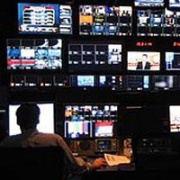
Election Insights 2016: Edward Schiappa on the Campaign Discourse
"The U.S. has a history of unseemly bursts of crude and deceitful campaign rhetoric, beginning with outrageous slander slung between John Adams and Thomas Jefferson in 1800. Nonetheless, the sense that this year’s election rhetoric is different than usual is well founded."
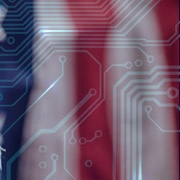
Election Insights 2016: Charles Stewart III on Election Integrity
"The current election administration system is far from perfect and continues to stand in need of improvement. However, intimations that it is fundamentally corrupt and rigged against one candidate or the other are not only false, but needlessly undermine the legitimacy of those who are elected to office." — Charles Stewart, Kenan Sahin Distinguished Professor of Political Science
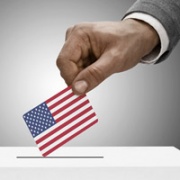
MAKING A JUST SOCIETY
Election Insights: Ariel White on Racial Attitudes and Bias
"There's evidence that government is less responsive to people of color. In my work with Julie Faller and Noah Nathan, we have found that election officials are less likely to respond to informational questions about voting eligibility when they're sent from Hispanic-sounding names than when they're sent by non-Hispanic white names. These officials didn't respond rudely to Hispanic questioners; they simply didn't write back as often, and didn't answer their questions as well."